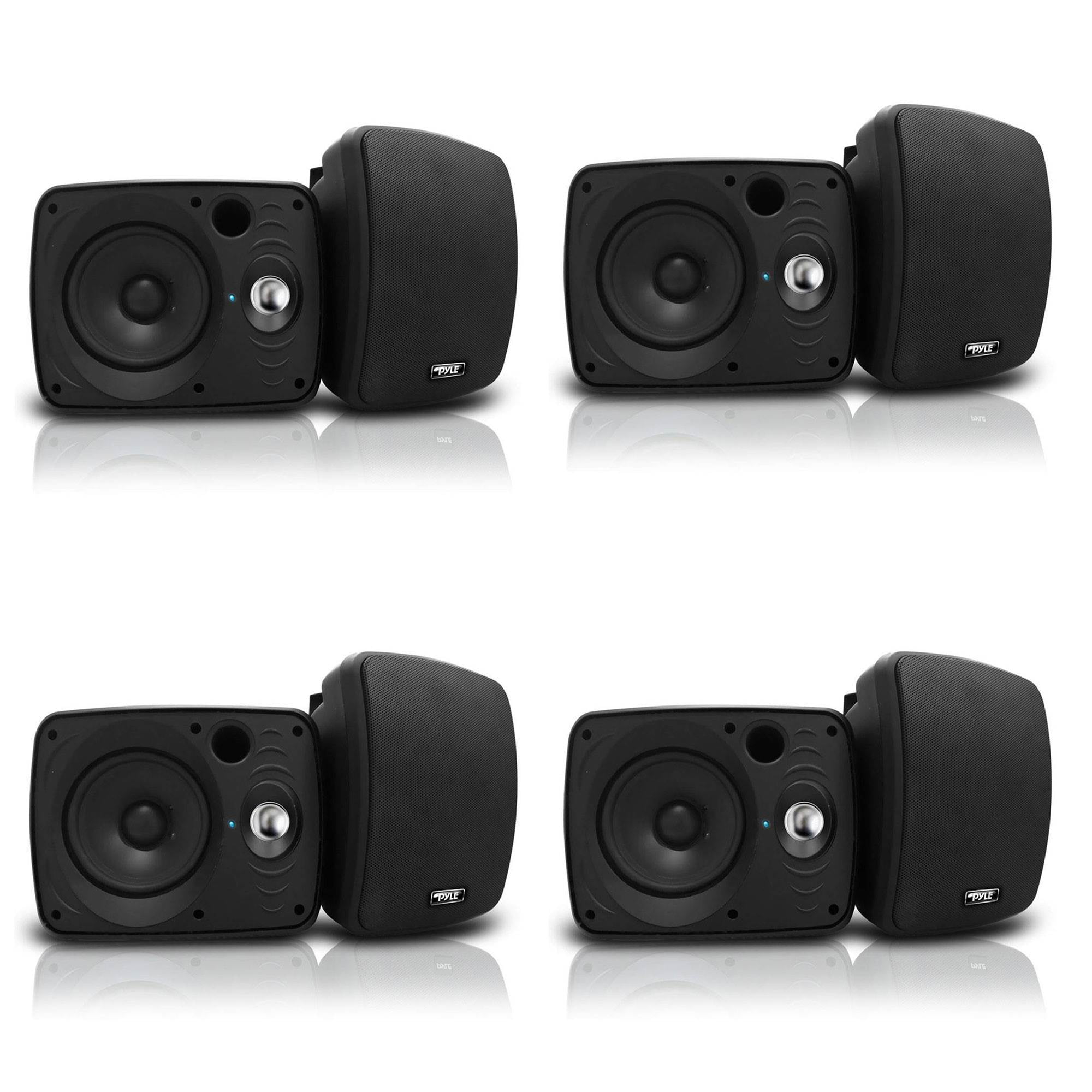Speakers are an essential component of any audio system, whether it's for home entertainment, professional audio production, or live performances. With so many different types and brands of speakers available, it can be challenging to know which ones will provide the best sound quality and performance for your specific needs.
In this guide, we'll take a look at some of the key factors to consider when choosing speakers and provide some tips to help you make the best decision for your situation.
Types of Speakers
There are several types of speakers available, each with its unique characteristics and uses. Some of the most common types include:
Bookshelf Speakers: As the name suggests, these are small, compact speakers that can fit on a bookshelf or desk. They're ideal for use in smaller rooms or as part of a home theater system.
Floor-standing Speakers: These are larger, more powerful speakers that are designed to sit on the floor. They're great for use in larger rooms or for listening to music at high volumes Binoclu.
Soundbars: Soundbars are long, narrow speakers that are designed to be mounted on a wall or placed under a TV. They're ideal for use in home theater systems and can provide excellent sound quality without taking up too much space.
Portable Speakers: These are small, battery-powered speakers that are designed to be taken on the go. They're perfect for outdoor events, picnics, and other situations where you need to play music or audio.
Factors to Consider When Choosing Speakers
When choosing speakers, there are several factors to consider, including:
Frequency Response: Frequency response refers to the range of frequencies that a speaker can produce. A speaker with a wider frequency response will be able to produce more accurate and detailed sound.
Sensitivity: Sensitivity is a measure of how efficiently a speaker converts power into sound. A more sensitive speaker will require less power to produce the same volume as a less sensitive speaker.
Impedance: Impedance refers to the amount of electrical resistance that a speaker presents to an amplifier Sound Choose. A speaker with a lower impedance will draw more power from an amplifier and produce more volume.
Size: The size of a speaker will affect its sound quality and performance. Larger speakers will generally produce more bass and have a wider frequency response than smaller speakers.
Brand: The brand of a speaker can also be an important factor to consider. Some brands are known for producing high-quality speakers with excellent sound quality and durability.
Tips for Choosing the Best Speakers
Here are a few tips to help you choose the best speakers for your needs:
Determine your budget: Speakers can range in price from a few hundred dollars to several thousand dollars. Determine your budget before you start shopping to narrow down your options.
Consider your room size: The size of your room will affect the type and size of speakers that you need. Larger rooms will require larger speakers to produce enough volume and bass.
Listen to different speakers: Before making a final decision, listen to different speakers to determine which ones sound the best to you. Pay attention to factors like clarity, detail, and bass response.
Read reviews: Reading reviews from other customers can be a helpful way to get an idea of a speaker's sound quality and performance before you make a purchase.
In conclusion, choosing the right speakers for your needs can make a significant difference in your audio experience. By considering factors like frequency response, sensitivity, impedance, size, and brand, and following our tips, you can find the best speakers for your situation and enjoy high-quality sound for years to come.

No comments:
Post a Comment